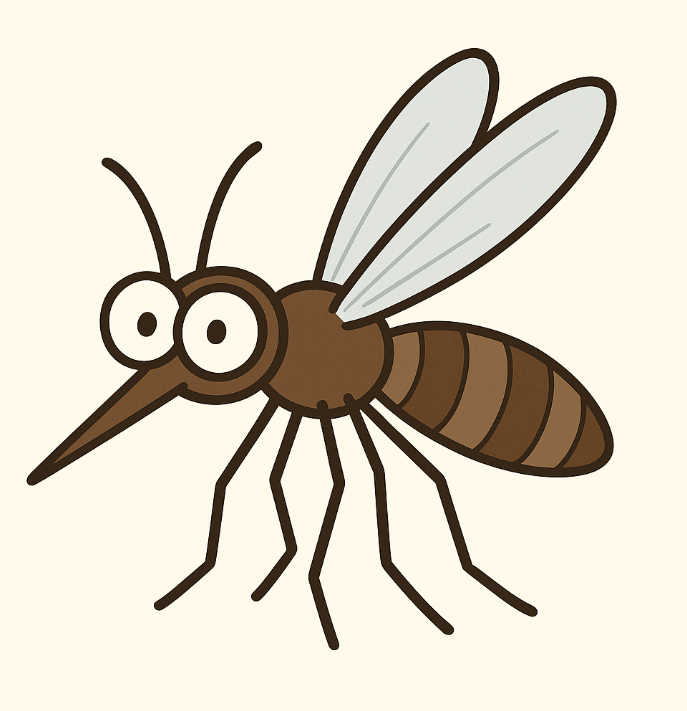
How A New Zika Vaccine Could Change Global Health
Do you remember Zika? In the days before COVID, it was the virus capturing public health’s attention. Heck, my wife and I cancelled a trip to Aruba because we were afraid of the potential impact on our unborn son.
Zika: Still a Big Deal
Zika virus might not be making daily headlines anymore, but it hasn’t gone away. It’s still quietly circulating in nearly 90 countries and remains a major threat, especially for pregnant women. It can cause birth defects like microcephaly, as well as neurological problems like Guillain-Barré syndrome in adults.
Even worse? Zika is a shape-shifter in terms of transmission. It spreads not just through mosquito bites, but also through sex, blood transfusions, and possibly even breast milk. This makes it hard to control and even harder to prevent. So scientists are urgently hunting for a vaccine that does more than block infection—it needs to block it everywhere.
The Science Behind the Breakthrough
Now, let’s talk about the science—but in a way that doesn’t put you to sleep.
Researchers used virus-like particles (VLPs)—think of these as harmless mimics of a virus that trick your body into launching an immune response. These VLPs are engineered to look like Zika on the outside, but they can’t infect you. Think of them as stunt doubles in a movie: They take the fall, your immune system learns the moves, and you stay safe.
But here’s the twist: these VLPs are coated with proteins borrowed from Giardia lamblia—a gut-dwelling parasite famous for causing stomach bugs. Why? Because these proteins are super tough. They don’t break down easily in the digestive system, which means the vaccine can survive the acidic chaos of your stomach and still do its job.
The result? A vaccine you can take orally or by injection and both ways worked in mice.
What Did the Mice Tell Us?
This wasn’t just a “maybe it works” kind of study. The mice responded with:
- A robust antibody response in their blood and mucosal tissues (like the gut and reproductive tract).
- High levels of neutralizing antibodies—the kind that stops Zika in its tracks.
- Immune responses at mucosal sites, which is huge because that’s where Zika can enter via sex or breast milk.
- Strong cellular immunity, not just antibodies—meaning your whole immune team shows up for duty.
And yes, the oral version actually triggered better mucosal immunity than the shot. That’s a game-changer.
Why This Matters (More Than You Think)
Most vaccines are designed to work through the bloodstream. But if a virus can sneak in through mucosal surfaces—like your nose, mouth, or reproductive organs—then you need a line of defense there too. That’s what this vaccine offers.
Plus, let’s not forget: oral vaccines are way easier to distribute in places where medical infrastructure is limited. No needles, no refrigeration (in theory), and no need for trained professionals to administer it. That’s huge for fighting outbreaks in remote or resource-poor regions.
But Wait—Is It Safe?
So far, so good. The mice showed no signs of sickness, weight loss, or stress. The vaccine didn’t contain any live Zika virus, just clever look-alikes. That’s part of what makes VLPs such a safe choice.
And for populations where safety is paramount—like pregnant women or immunocompromised individuals—this kind of vaccine could be a real lifeline.
What’s Next?
Human trials, of course. This vaccine hasn’t been tested in people yet, but the groundwork is strong. The next steps will likely involve proving safety and effectiveness in larger animal models before moving into clinical trials.
Still, this study is a big leap forward, especially for global health efforts that need flexible, scalable, and safe vaccination strategies.
Let’s Explore Together
Vaccines have come a long way from sugar cubes and booster shots. This research shows us that the future of disease prevention could be swallowed, not injected.
What do you think?
- How would you feel about taking an oral vaccine instead of getting a shot?
- Should more vaccines be designed for global, low-resource settings?
- What’s the most surprising science fact you’ve learned recently?
Drop your thoughts in the comments or share this story with a science-loving friend. Let’s keep the curiosity going!



